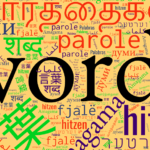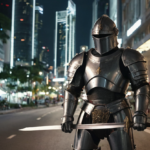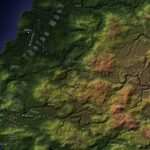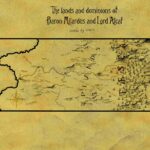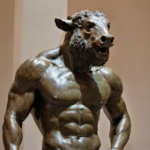History: The Battle of the Strand – Part 2
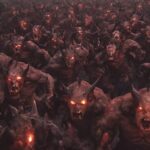
This is part two of a summary provided by the Norhaven Institute about the key events to the Battle of the Strand. Please check out part one for information about the lead-up to the battle. It provides a lot of the exposition and the reasons why it occurred with details about those involved.











